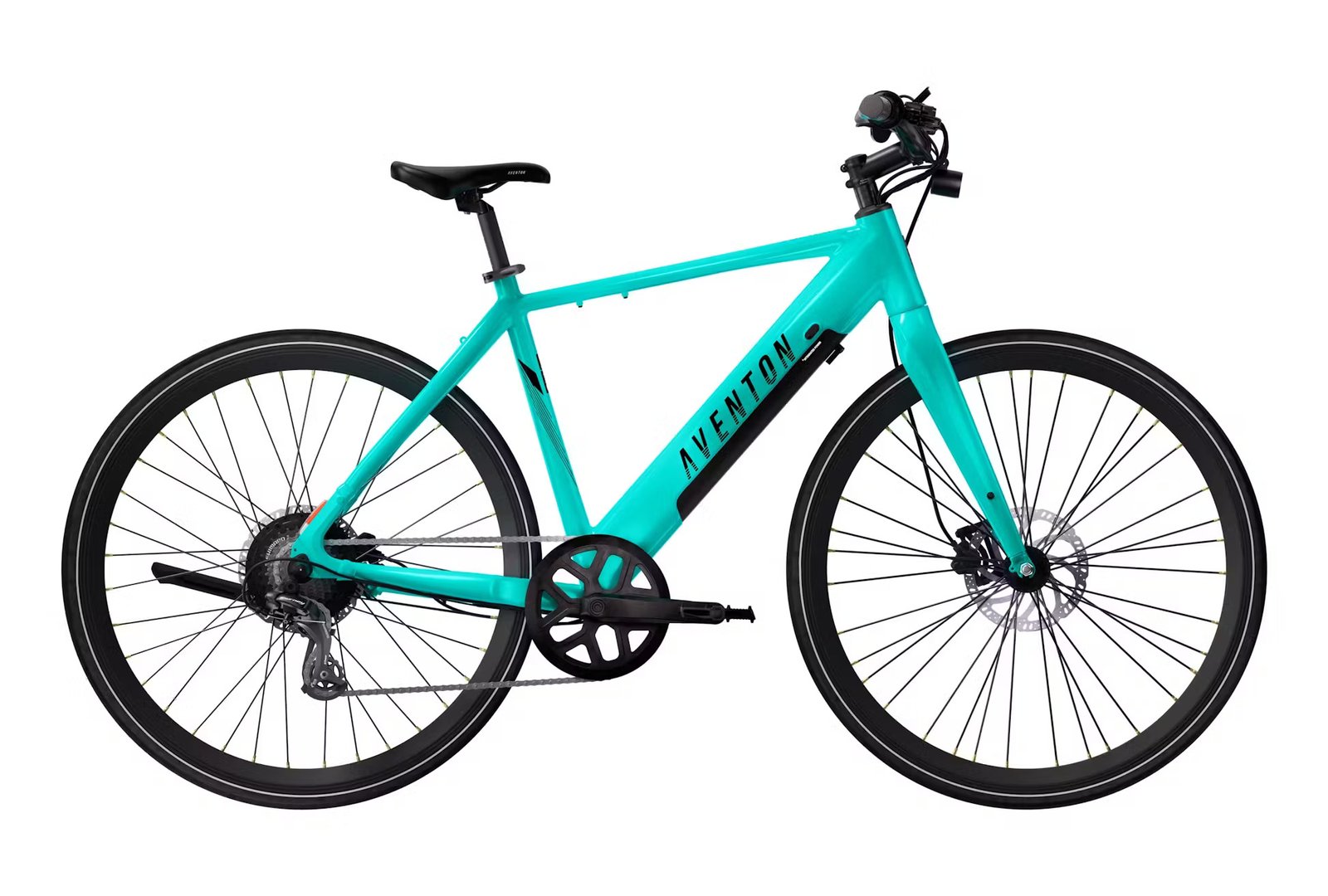
Electric Bikes (E-Bikes): Pros and Cons for Everyday and Recreational
Electric BikesElectric bikes—commonly known as e-bikes—have surged in popularity among commuters, recreational riders, and older adults looking to stay active without overexertion. By combining pedal power with electric motor assistance, e-bikes offer a versatile and accessible riding experience. Here’s a breakdown of the pros and cons to consider when deciding if an e-bike is the right choice.
Pros of Electric Bikes
- Pedal Assistance for Easier Riding
E-bikes feature a built-in motor that provides power when pedaling. This assistance reduces the effort needed to climb hills, accelerate from a stop, or ride longer distances—making cycling more accessible for a wider range of fitness levels. - Great for Commuting and Transportation
With pedal-assist modes and the ability to maintain higher speeds without added strain, e-bikes are well-suited for urban commuting. Riders can arrive at their destination faster and less sweaty compared to traditional bikes. - Extended Range and Versatility
Battery-assisted travel allows for longer rides with less fatigue. This opens up more route options, including hilly areas or longer recreational trails that might be challenging on a standard bike. - Eco-Friendly Alternative to Cars
E-bikes provide a sustainable transportation option for short- to medium-distance travel. Replacing car trips with an e-bike helps reduce carbon emissions and traffic congestion. - Encourages More Frequent Riding
Many riders report using their e-bike more often than they used a traditional bike, simply because the barrier to entry—effort—is lower. It’s a motivating option for new or returning cyclists.
Cons of Electric Bikes
- Higher Cost
E-bikes tend to be significantly more expensive than non-electric bikes. The motor, battery, and electronics increase both the upfront cost and the potential maintenance expenses. - Heavier Weight
Due to the battery and motor, e-bikes are heavier than traditional bikes. This can make them harder to lift, transport, or ride if the battery runs out mid-ride. - More Complex Maintenance
E-bikes involve electrical systems that require specialized knowledge or service. Repairs and replacements can be more costly and may not be handled by all bike shops. - Limited Battery Range
Depending on the model and usage, battery range can vary. Riders may need to plan around charging needs, especially on longer rides or in colder weather, where battery performance can drop.
E-bikes offer a powerful combination of performance and practicality for a variety of riders. Understanding their advantages and trade-offs can help ensure the investment matches both lifestyle and riding goals.

